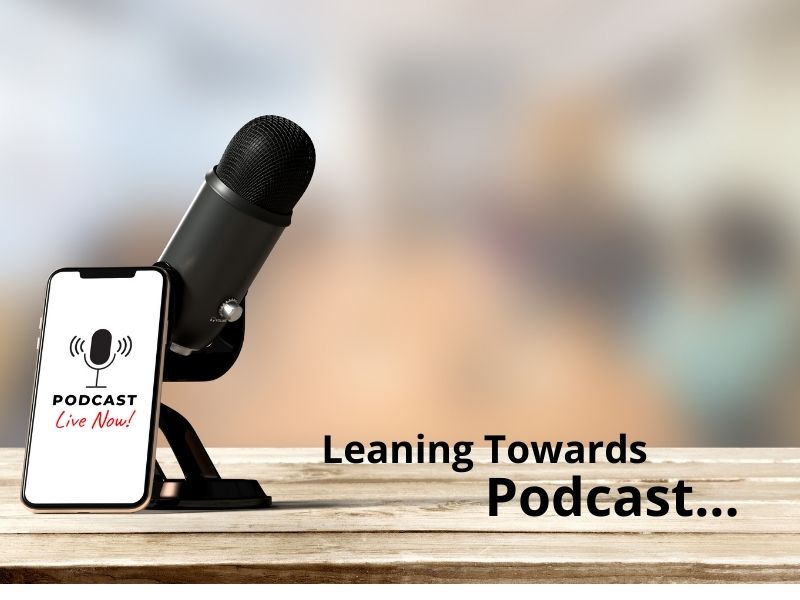Can Podcasts Replace Our Reading Habits?

Did you ever come up with this question: Can podcasts take over books? I guess you did that’s why you are reading this article. Podcasts are here for a very long time if I am not wrong. In the previous times when it was the era of radio, people used to listen to podcasts on the radio. But the number of listeners was very low because people were more into books and newspapers in previous times. Then why has the number of podcast listeners been increasing in recent days, let’s talk about it. Shall we?
Why Podcast Is Gaining Popularity Among All?
The growth of podcasts is skyrocketing in the last few years, with an increasing number of people listening. On the other hand, the number of persons reading physically remained stable and may perhaps have decreased slightly. According to Edison Research’s Infinite Dial 2021 research, over 80 million Americans currently listen to weekly podcasts, a 17 percent increase over 2020, and the number has been steadily increasing since 2018. There are currently around 1.4 million podcast series and 57 million episodes available, which is very astounding. Personally, I believe that the emergence of millennials is the primary cause of the trend shift from books to podcast.
Also, people want convenience, and the way we listen to podcasts nowadays is more convenient than reading books. We only need our smartphones and any music streaming apps like Spotify or Apple music to listen to any podcast. Spotify is the market leader, and it is attempting to reach new audiences by negotiating a $100 million contract with Joe Rogan, one of the most well-known podcasters.
Flexibility Of Podcasts
Because of the nature of its structure, the podcast ecosystem is quickly expanding. As more people listen to podcasts, so does the need for podcasters. Many individuals are becoming podcasters in order to gain money, since marketers are prepared to spend money on their podcasts owing to strong demand. With more podcasters providing more diverse material, it draws even more new listeners, resulting in an upward loop that attracts more podcasters and audiences at the same time. Because of this convenience and flexibility, people started to lean into podcasts, especially Millenials.
Difference Between Podcasts And Books In Terms Of Convenience
Podcasts are far more interactive than books (and audiobooks). In this changing world, podcasts may be quickly produced within days or even hours to address the most recent events. However, novels take much longer to write. Also, the duration is important; podcasts may range from a few minutes to hours, but most books demand a longer minimum time for reading or listening (audiobooks). This is especially crucial in today’s world when people’s lives are faster and they don’t have the time to sit down and read a book for an hour. Podcasts offer the benefit of allowing for considerably greater flexibility; for example, individuals can listen to a brief episode on their way to work. Moreover, people can acquire knowledge in a very short time.
However, one of the downsides of podcasts is that anybody can start their own. As a result, there is a wide range of quality, and a lot of podcast material is weak and terrible. Also, podcast concentrates more on interviews, conversations, etc. Books, on the other hand, tend to focus more in-depth and high-quality information since writers must generally go through a publisher who ensures the quality of the book.
Final Words
In my opinion, podcasts are surely growing popular among Millenials due to technology and convenience. But still, there are people who love to read, love to hold a book in their hands to feel its essence. I believe that book will always have their place. At the end of the day, it depends upon the individual which one to choose.






